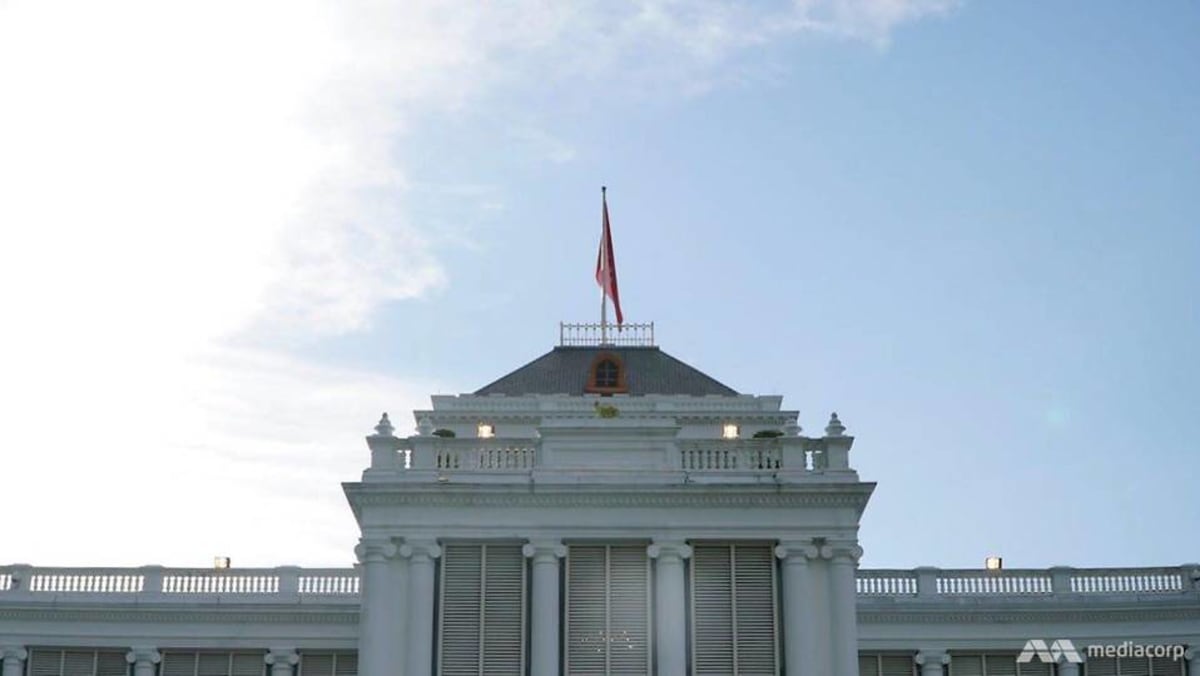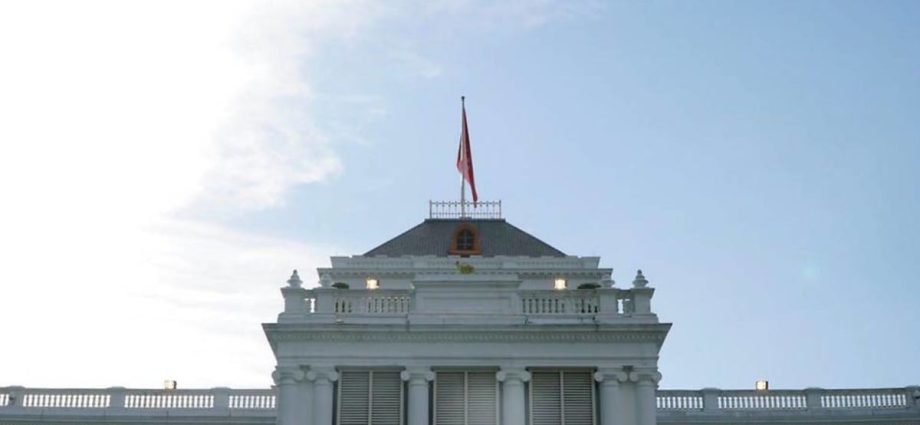
Of the four presidential hopefuls that have made public their bid for the position, only Mr Tharman automatically qualifies, having fulfilled the public sector service requirement with his various ministerial appointments over almost two decades.
Mr Goh previously said he is confident of qualifying under the private sector “deliberative track”, adding that he has a group of five companies with a combined shareholders’ equity of S$1.52 (US$1.1 billion) billion over three years.
Analysts have said it is unclear if a candidate can combine the average shareholder equity of several companies to meet the criterion.
Mr Ng, meanwhile, said he submitted his application for a certificate of eligibility via the public sector “deliberative track”.
“In other words, it is based on my experience and my duration of service at the GIC as the group’s chief investment officer,” he told reporters on Aug 3.
Mr Tan, the former chief of NTUC Income, contested the 2011 Presidential Election but analysts have said he may not automatically qualify this time round as eligibility criteria have changed since then.
Private sector candidates must have served as the chief executive of a company with shareholders’ equity of S$500 million or more for at least three years.
NTUC Income had net assets of around S$1.17 billion in 2006, the last full year that Mr Tan served as CEO. But analysts said NTUC Income is a cooperative and not a “company” within the meaning of the relevant Article in the Constitution.
The Presidential Elections Committee can still give its approval if it decides that Mr Tan has the experience and ability comparable to a chief executive of a company with shareholders’ equity of S$500 million or more.

